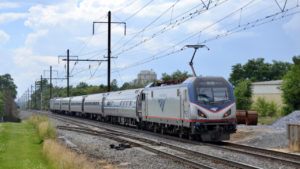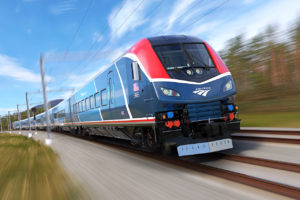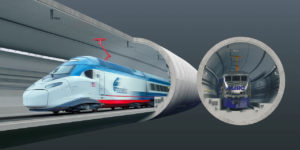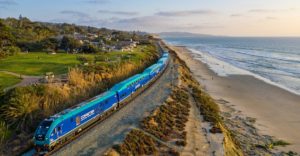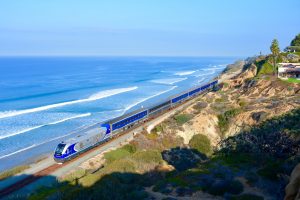British Columbia to chip in for Pacific Northwest HSR study
Written by Mischa Wanek-Libman, editor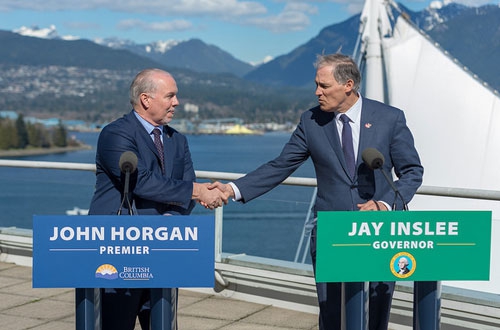
Studying the potential of connecting Canada to the Pacific Northwest through ultra-high-speed rail service received a sign of support with the government of British Columbia agreeing to help fund analysis of such service.
The CA$300,000 (US$229,232) pledge will go toward an in-depth study with Washington state on the concept of rail service that would cut travel times between Vancouver and Seattle to about 60 minutes, which is down from the current three hours.
“The convenience of a one-hour trip between Vancouver and Seattle would create countless opportunities for people in both B.C. and Washington, from sports or concert getaways for families, to untold economic growth potential for businesses,” said B.C. Premier John Horgan. “Exploring the possibility of creating a clean, efficient high-speed corridor is particularly important as the Pacific Northwest grows in economic importance, and we look to reduce barriers to expansion across our borders.”
An economic analysis released last month by Washington state estimated that a high-speed corridor link could create up to 200,000 jobs for B.C. and U.S. workers, and generate billions of dollars in economic benefits for the Cascadia Innovation Corridor between B.C., Washington and Oregon.
The Washington state legislature last week approved funding of up to US$1.2 million toward the new in-depth study.
“This ultra-high-speed corridor is an exciting proposal for both British Columbia and Washington, aligning with our mutual goal of strengthening our economies through collaboration,” said Washington state Gov. Jay Inslee. “The early study results show the corridor would help create jobs, generate affordable housing options, ease freeway traffic and clean our air. It’s an exciting step for Washington and British Columbia.”
Officials explain that the new study will build on the previous preliminary analysis and will consider the practicality and business case for a high-speed corridor service by addressing factors such as ridership levels, system development, delivery methods and financing.

